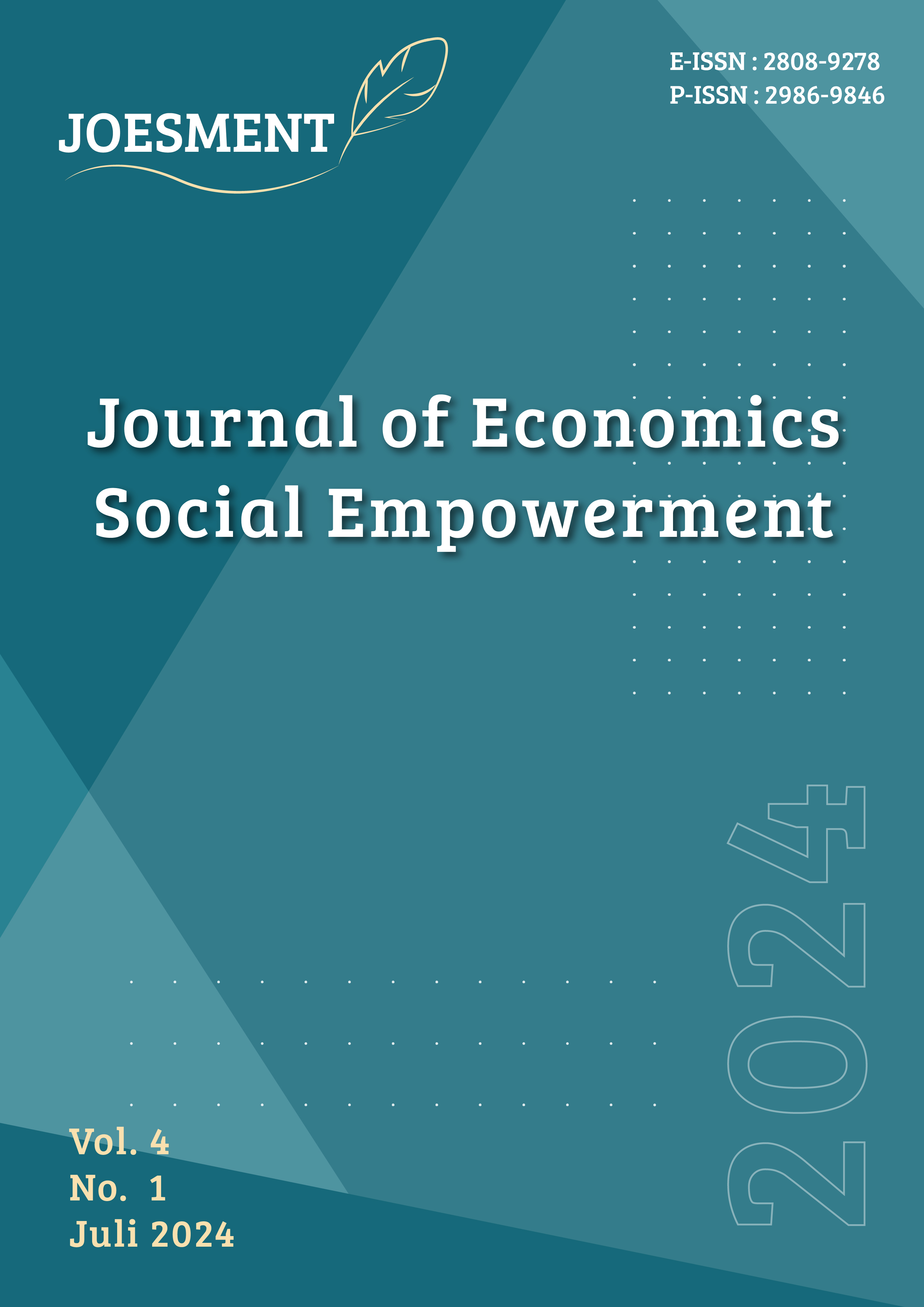Strategi Penguatan Pariwisata Halal di Kabupaten Trenggalek
DOI:
https://doi.org/10.22219/joesment.v4i1.30126Keywords:
Strategi, Pariwisata, PariwisataAbstract
Indonesia has the potential for natural beauty that can be used as an object of economic growth activities, namely through the tourism sector. Halal tourism is part of the tourism industry that is based on Islamic principles and aimed at Muslim tourists. This study aims to conduct a detailed study of tourism object development strategies, especially focusing on the Halal Tourism development plan. This study used a sample of 30 respondents visiting tourist sites in Trenggalek Regency. This study used the SWOT analysis method and the data obtained came from distributing questionnaires to tourist visitors at three tourist sites in Trenggalek Regency. The results of the IFAS and EFAS score research showed favorable results for increasing halal tourism in Trenggalek Regency. This position is in quadrant 1, which signifies the utilization of strengths and weaknesses (SO) strategies. Which is expected to increase the attractiveness of visitors by improving quality, thus taking advantage of the opportunities available.
Downloads
Downloads
Published
How to Cite
Issue
Section
License
Copyright (c) 2024 Azella Nosih Octavia, M. Sri Wahyudi S

This work is licensed under a Creative Commons Attribution-NonCommercial-ShareAlike 4.0 International License.
Authors who publish with this journal agree to the following terms:
- For all articles published in the JOESMENT (Journal of Economic and Social Empowerment), copyright is retained by the authors. Authors give permission to the publisher to announce the work with conditions. When the manuscript is accepted for publication, the authors agree to the automatic transfer of non-exclusive publishing rights to the publisher.
- Authors retain copyright and grant the journal right of first publication with the work simultaneously licensed under a Creative Commons Attribution-NonCommercial-ShareAlike 4.0 International License that allows others to share the work with an acknowledgement of the work's authorship and initial publication in this journal.
- Authors are able to enter into separate, additional contractual arrangements for the non-exclusive distribution of the journal's published version of the work (e.g., post it to an institutional repository or publish it in a book), with an acknowledgement of its initial publication in this journal.
- Authors are permitted and encouraged to post their work online (e.g., in institutional repositories or on their website) prior to and during the submission process, as it can lead to productive exchanges, as well as earlier and greater citation of published work (See The Effect of Open Access).
This is an open access article and licensed under a Creative Commons Attribution-NonCommercial-ShareAlike 4.0 International License



















